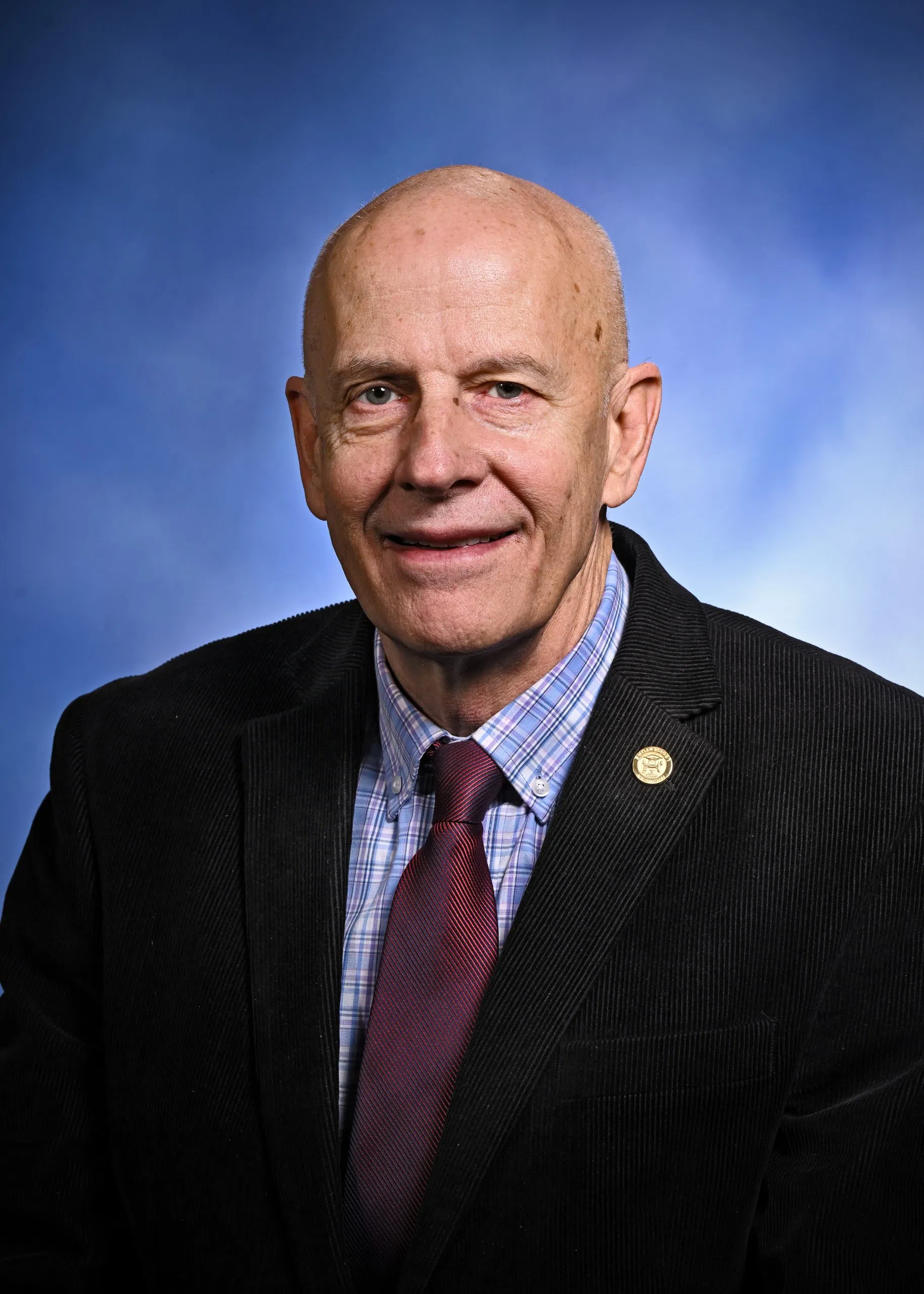This story was produced by My UP News correspondent Briana McLean, find the original coverage here.
In Michigan, a new bill has been introduced by Republican State Representative Karl Bohnak of the 109th district.
The legislation aims to amend the state’s “Clean and Renewable Energy and Energy Waste Reduction Act,” seeking to redefine key terms related to clean energy and adjust existing standards.
The bill outlines specific criteria for what constitutes clean energy, including carbon capture and biomass provisions.
Supporters of the freshman representative’s bill assert that he is working to fix the Democrat-passed law.
The bill proposes amendments to the “Clean and Renewable Energy and Energy Waste Reduction Act” in Michigan, specifically targeting section 3. Key definitions and concepts are clarified, including:
Regional Transmission Organization (RTO): A nonprofit entity overseeing regional electricity transmission.
Biomass: Defines various organic materials that can be converted to energy, emphasizing sustainable sourcing.
Carbon Capture and Storage: Explains the process of capturing and storing carbon dioxide to prevent atmospheric release.
Clean Energy: Describes energy generation methods that do not emit greenhouse gases, including nuclear and certain natural gas technologies with effective carbon capture.
Clean Energy Systems: Specifies facilities that meet criteria for clean energy production, including reciprocating internal combustion engines used to replace coal-fired generation in the Upper Peninsula.
The bill also references various requirements related to clean energy portfolios, standards, and plans, with provisions for the Michigan Public Service Commission to oversee compliance and technological advancements in energy generation and emissions reduction.
Overall, it aims to redefine clean energy standards and expand the criteria for approved renewable energy sources in the state.
HB 4007, if enacted, “would prevent the U.P.’s 13 reciprocating internal combustion engine (RICE) generators from being shut down due to new green energy laws,” according to Bohnak.
RICE generators are known as the “hot rods” of energy production and reportedly can reduce emissions by up to 40% compared to coal-generated engines.
“This [is a] common sense legislative fix to the energy law passed in 2024,” said Marquette City Commissioner Cody Mayer. “This fix will ensure our reciprocating internal combustion engines (RICE Units) continue to run in the UP.”
Marquette has three RICE units, Negaunee has seven, and L’Anse/Baraga has three. Mayer said these units are critical for the UP to have working power and said rate-payers will be paying on these generators through 2049.
“With some UP residents already paying some of the highest electric rates in the country, this is just common sense,” said Mayer.
Commissioner Mayer said he’s asked Marquette Mayor Jessica Hanley and City Manager Karen Kovacs to place a letter of support on the January 27th Marquette City Commission agenda.
As this bill progresses through the legislature, My UP News will provide updates on its status and gather insights from other legislatures and local energy and environmental leaders.







